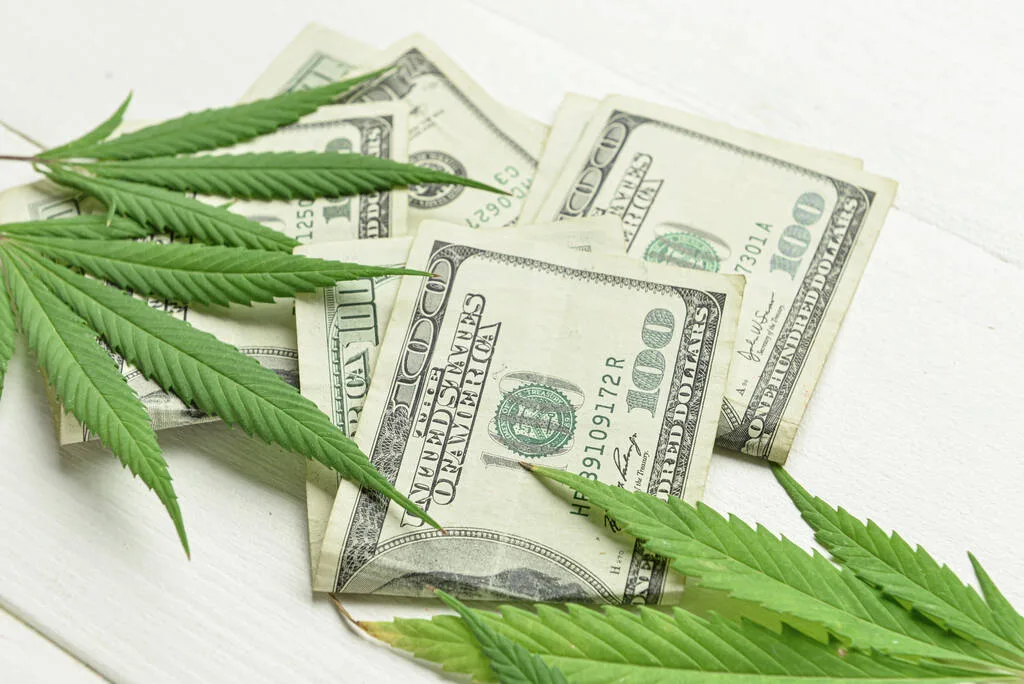Legislation has been filed in the Ohio Legislature to significantly redirect tax revenue that will be garnered from the state’s recently approved marijuana legalization law, while allowing cities to place bans on marijuana use and cultivation.

Filed by State Representative Gary Click, House Bill 341 would make multiple adjustments to how marijuana tax revenue will be distributed, as defined by Issue 2 (passed by voters earlier this month).
Under Issue 2, those 21 and older will be allowed starting December 7 to possess and purchase up to 2.5 ounces of marijuana and up to 15 grams of marijuana concentrates. The initiative gives the state nine months to begin issuing licenses for marijuana businesses. Once marijuana stores are open, marijuana will be taxed at 10%.
The initiative states that marijuana tax revenue shall be distributed as follows:
- 36% split among cities that allow marijuana stores
- 36% to a Cannabis Social Equity and Jobs Fund
- 25% to a Substance Abuse and Addiction Fund
- 3% to pay for administrative fees associated with running the new legal marijuana program
House Bill 341 would retain 3% going to administrative fees, but would reduce the percentages going to each of the other three programs down to 19.4%. The measure would split the tax revenue gained from reducing these programs between two new funds: a Substance Abuse Research and Education Fund and a Law Enforcement Cannabis Training Fund.
House Bill 341 would also allow municipalities to regulate marijuana use and home grows within their boundaries, something not currently allowed under Issue 2. The initiative allows cities to ban marijuana stores, but they cannot prohibit personal marijuana cultivation or use at a private residence.
This is the second measure filed that would redirect marijuana tax revenue. House Bill 326, filed earlier this month by State Representative Cindy Abrams (R), would reallocate some marijuana tax revenue in order to cover the cost of annual peace officer training.
Recently Senate President Matt Huffman said he is open to increasing the marijuana tax rate established under Issue 2. Governor Mike DeWine says he supports making changes to the initiative by December 7, but has promised lawmakers will respect the “spirit” of the law.






